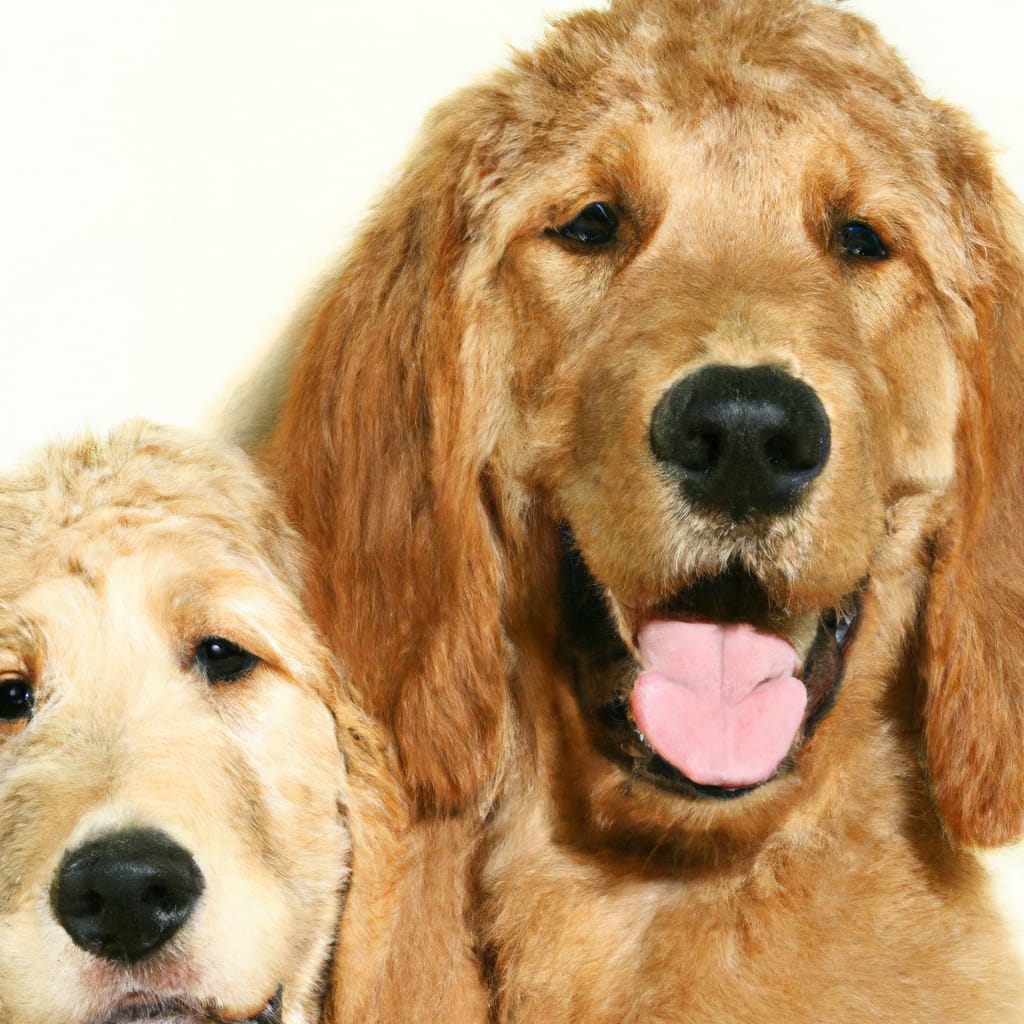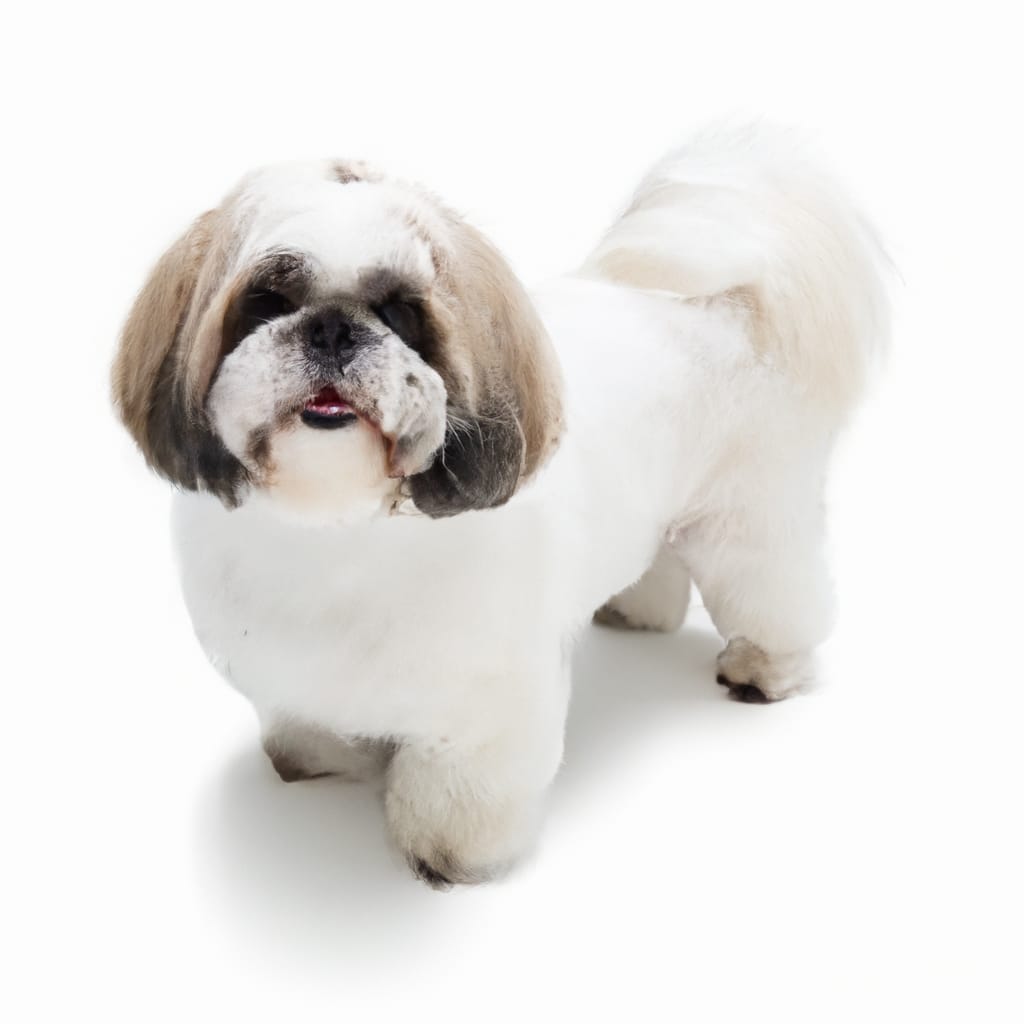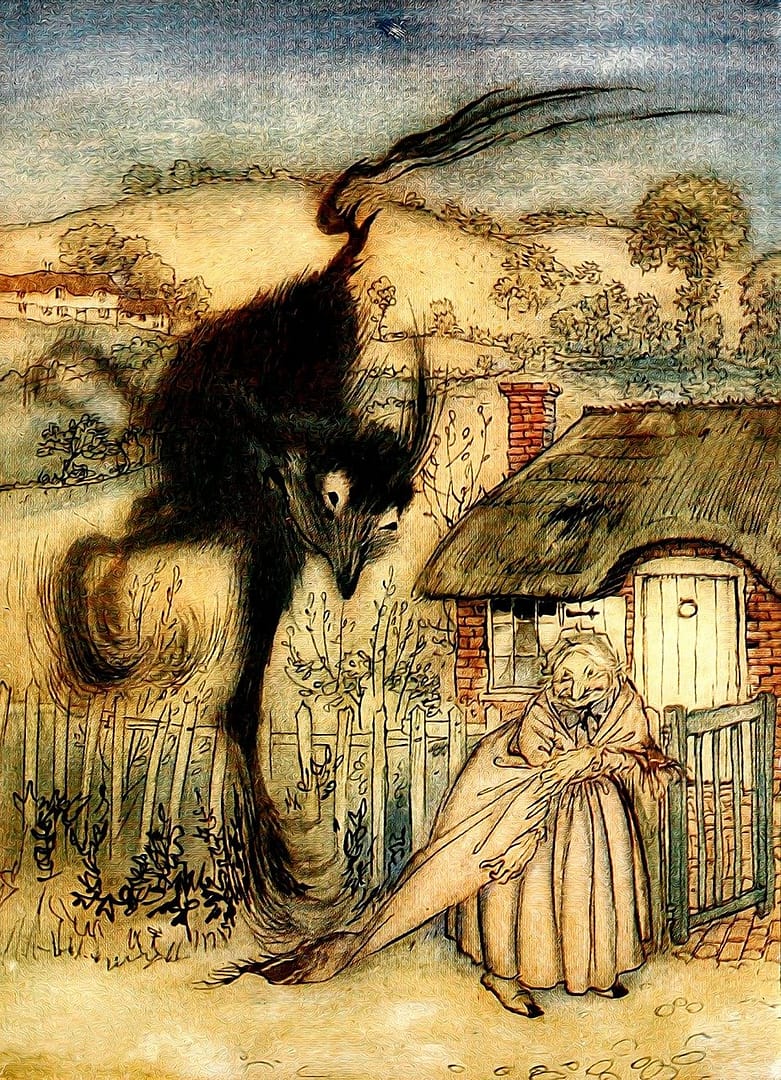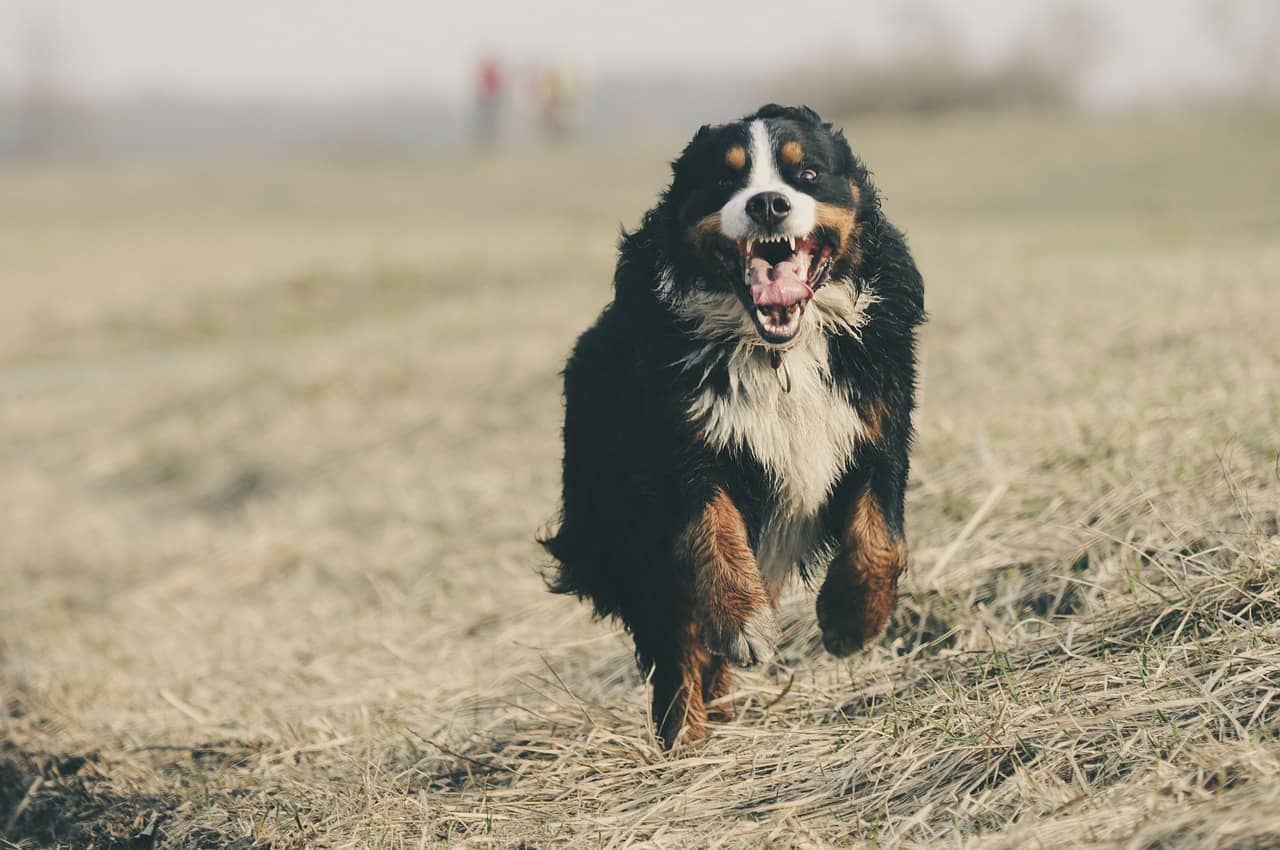Golden Retriever Vs Goldendoodle: A Side By Side Comparison
Are you torn between getting a Golden Retriever or a Goldendoodle as your new furry companion? Let us help you make an informed decision by providing a side by side comparison of these two popular dog breeds. From their physical characteristics to their temperament and grooming needs, we’ll break down the key differences and similarities between Golden Retrievers and Goldendoodles. Whether you’re searching for a loyal and friendly family pet or a hypoallergenic and low-shedding companion, by the end of this article, you’ll have a clear understanding of which breed is the perfect fit for you.
Size
Golden Retriever Size
Golden Retrievers are a medium to large-sized breed. On average, adult male Golden Retrievers stand between 23-24 inches (58-61 cm) at the shoulder and weigh between 65-75 pounds (29-34 kg). Female Golden Retrievers are slightly smaller, typically measuring 21.5-22.5 inches (55-57 cm) in height and weighing 55-65 pounds (25-29 kg).
Goldendoodle Size
Goldendoodles, being a cross between Golden Retrievers and Poodles, can vary in size depending on the size of the Poodle parent and the generation of the Goldendoodle. Standard Goldendoodles, which have a Standard Poodle parent, generally range in size from 20-24 inches (51-61 cm) in height and weigh between 50-90 pounds (23-41 kg). Miniature Goldendoodles, with a Miniature Poodle parent, typically stand 13-20 inches (33-51 cm) tall and weigh 15-45 pounds (7-20 kg). Lastly, Toy Goldendoodles, which have a Toy Poodle parent, are even smaller, measuring less than 13 inches (33 cm) in height and weighing less than 20 pounds (9 kg).
Temperament
Golden Retriever Temperament
Golden Retrievers are known for their friendly and gentle nature, making them excellent family pets. They are loyal, intelligent, and eager to please, which makes them easy to train. Golden Retrievers are also great with children and other pets, making them an ideal choice for families. They are generally not aggressive and have a reputation for being friendly towards strangers as well.
Goldendoodle Temperament
Goldendoodles inherit their temperament from both the Golden Retriever and the Poodle. They are typically friendly, affectionate, and social dogs, making them great companions. Goldendoodles are known for being intelligent and trainable like their Poodle parent, which makes them suitable for various activities such as therapy work or obedience training. They are usually good with children and other pets, but early socialization is important to ensure a well-rounded temperament.
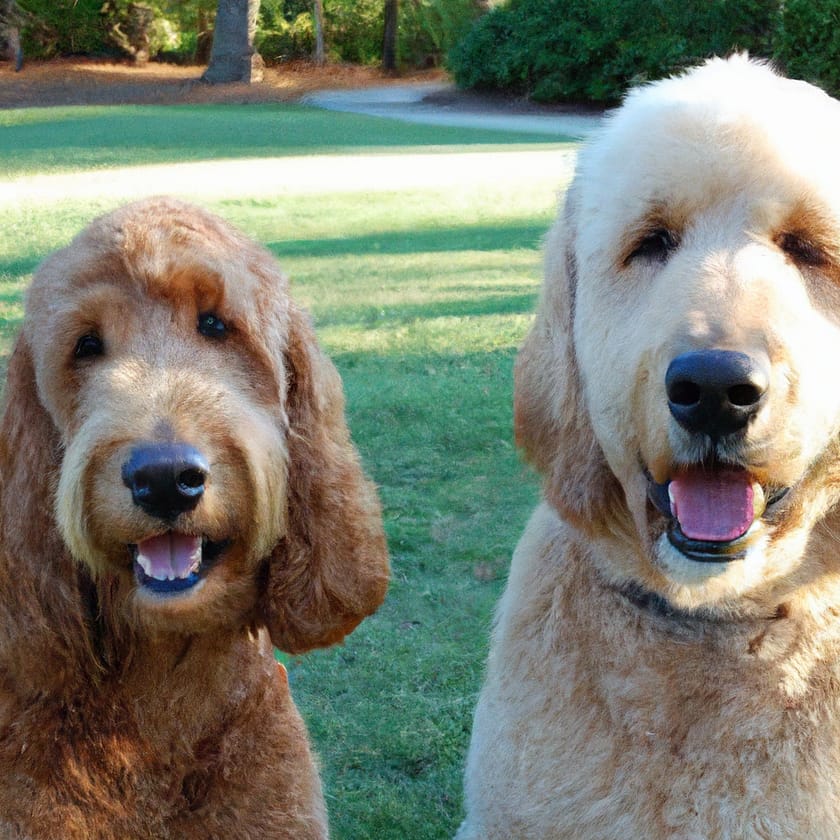
Grooming
Golden Retriever Grooming
Golden Retrievers have a dense double coat that requires regular grooming to keep it in good condition. Their coat sheds moderately throughout the year and more heavily during shedding seasons. Brushing your Golden Retriever’s coat a few times a week will help remove loose hair and prevent matting. They will also benefit from regular baths, nail trimming, and ear cleaning to maintain their overall hygiene.
Goldendoodle Grooming
The grooming needs of Goldendoodles can vary depending on their coat type. They typically have a curly or wavy coat that is low-shedding and may be hypoallergenic. Regular brushing is necessary to prevent matting and to keep their coat clean and tangle-free. Goldendoodles should also be taken to a professional groomer every 6-8 weeks for trimming, as their hair grows continuously. Regular bathing, nail trimming, and ear cleaning are also important parts of their grooming routine.
Exercise and Activity Level
Golden Retriever Exercise and Activity Level
Golden Retrievers are an active breed that requires regular exercise to keep them physically and mentally stimulated. They enjoy activities such as daily walks, runs, playing fetch, and swimming. On average, they require at least 60-90 minutes of exercise per day. This breed also thrives in activities like obedience training, agility, and nose work.
Goldendoodle Exercise and Activity Level
Goldendoodles have similar exercise needs to Golden Retrievers. They are an active and energetic breed that requires regular exercise to prevent boredom and to maintain their overall well-being. Daily walks, runs, playtime in a fenced yard, and mental stimulation through puzzle toys or training sessions are all important for Goldendoodles. Providing them with at least 60 minutes of exercise per day is ideal.
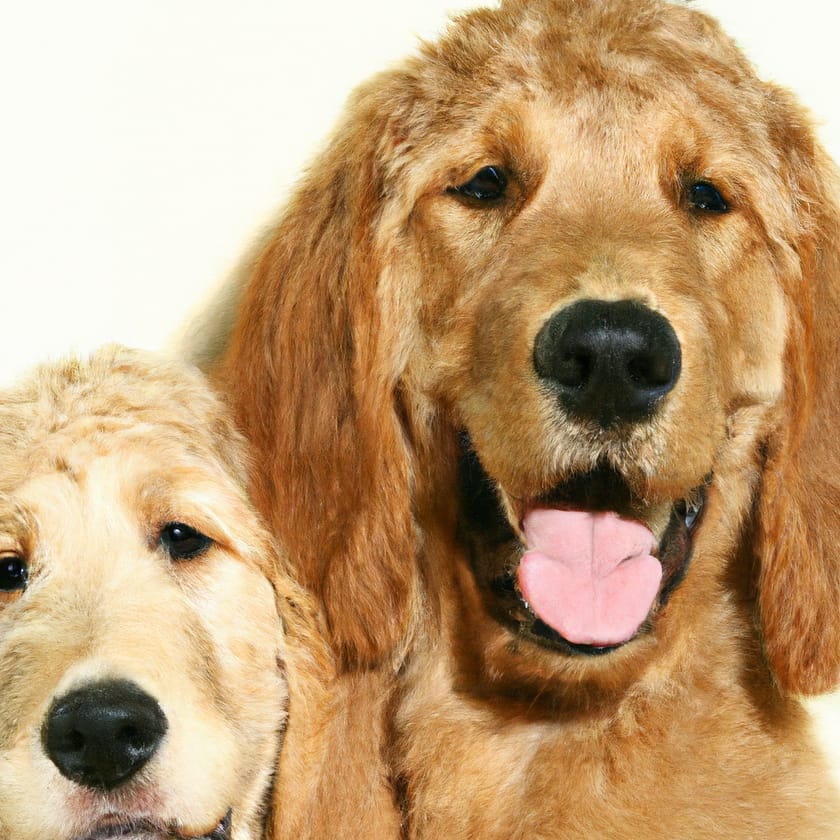
Training and Intelligence
Golden Retriever Training and Intelligence
Golden Retrievers are highly intelligent and eager to please, which makes them highly trainable dogs. They excel in obedience training, agility, and other dog sports. They are quick learners and are known to respond well to positive reinforcement training methods. Consistency and positive reinforcement, such as treats and praise, are key in training a Golden Retriever.
Goldendoodle Training and Intelligence
Goldendoodles are also intelligent dogs that inherit the intelligence of both Golden Retrievers and Poodles. They are typically trainable and eager to please their owners. Goldendoodles respond well to positive reinforcement training techniques and enjoy activities that challenge their minds. Early socialization and consistent training from a young age are important to ensure a well-behaved and obedient Goldendoodle.
Health and Lifespan
Golden Retriever Health and Lifespan
Golden Retrievers have an average lifespan of 10-12 years. They are generally a healthy breed, but like any other dog, they can be prone to certain health issues. Some common health concerns for Golden Retrievers include hip dysplasia, elbow dysplasia, certain types of cancer, and heart problems. Regular vet check-ups, a balanced diet, and maintaining a healthy weight can help prevent some of these health issues.
Goldendoodle Health and Lifespan
Goldendoodles, being a mixed breed, can have a longer lifespan than purebred dogs. On average, they have a lifespan of 10-15 years. However, it’s important to note that their health can be influenced by the genetics of both parent breeds. Goldendoodles can be prone to health issues such as hip dysplasia, progressive retinal atrophy (a degenerative eye disease), and various allergies. Regular vet check-ups, proper nutrition, and exercise can contribute to their overall health and lifespan.
Family Compatibility
Golden Retriever Family Compatibility
Golden Retrievers are well-known for their compatibility with families. They have a gentle and patient temperament, which makes them great with children of all ages. They are also generally good with other pets, including dogs and cats. Golden Retrievers enjoy being part of the family and thrive when given plenty of love, attention, and exercise.
Goldendoodle Family Compatibility
Goldendoodles have a similar family-friendly temperament to Golden Retrievers. They are typically good with children and other pets when properly socialized. Goldendoodles are known for being affectionate and eager to please their families. They enjoy being included in family activities and are often seen as loyal and loving companions.
Allergies
Golden Retriever Allergies
Golden Retrievers are not considered a hypoallergenic breed. Their double coat sheds moderately throughout the year, which can lead to allergens being present in the environment. Individuals with allergies may experience symptoms such as sneezing, runny nose, or itchy eyes when exposed to Golden Retrievers.
Goldendoodle Allergies
Goldendoodles are often considered a hypoallergenic breed, especially those with a curly or wavy coat. This is because they tend to shed less and produce fewer allergens compared to other breeds. However, it’s important to note that no dog breed is completely hypoallergenic, and individuals with severe allergies should spend time with a Goldendoodle before bringing one into their home to ensure they are not allergic.
Cost
Golden Retriever Cost
The price of a Golden Retriever puppy can vary depending on factors such as the breeder’s reputation, the bloodline of the parents, and the region. On average, a well-bred Golden Retriever puppy can cost anywhere between $1,000 to $3,000. It’s important to note that the initial cost of purchasing a puppy is just the beginning, as there will be additional expenses for food, grooming, veterinary care, and training.
Goldendoodle Cost
The cost of a Goldendoodle puppy can also vary depending on factors such as the breeder’s reputation, the generation of the Goldendoodle, and the coat type. On average, a Goldendoodle puppy can range anywhere from $1,500 to $3,000. It’s important to do thorough research and choose a reputable breeder, as they will provide you with a healthy and well-socialized puppy. Additionally, ongoing costs for food, grooming, vet care, and training should be taken into consideration.
Appearance
Golden Retriever Appearance
Golden Retrievers have a strong and muscular build. They have a broad head, friendly expression, and a medium-sized muzzle. Their eyes are typically dark brown and their ears are medium-sized and pendant. Golden Retrievers have a thick, water-resistant double coat that can range in color from various shades of gold. Their tail is usually thick and muscular, and they have a graceful and smooth gait.
Goldendoodle Appearance
Goldendoodles can have a variety of appearances depending on their parent breeds and the generation of the Goldendoodle. They may have a coat that is straight, wavy, or curly, which can range in color from cream, gold, apricot, or red. Their head shape can vary, but often resembles a mix of the Golden Retriever and Poodle. Goldendoodles have expressive eyes, medium to long ears, and a tail that can be either straight or carried in a gentle curve.
In conclusion, both Golden Retrievers and Goldendoodles have their own unique characteristics and qualities. While Golden Retrievers are a purebred breed known for their friendly and gentle nature, Goldendoodles are a mix between Golden Retrievers and Poodles and inherit a mix of traits from both parent breeds. Consider your lifestyle, living situation, and preferences when choosing between these two breeds, and remember that proper socialization, training, and care are essential for ensuring a happy and healthy dog.


